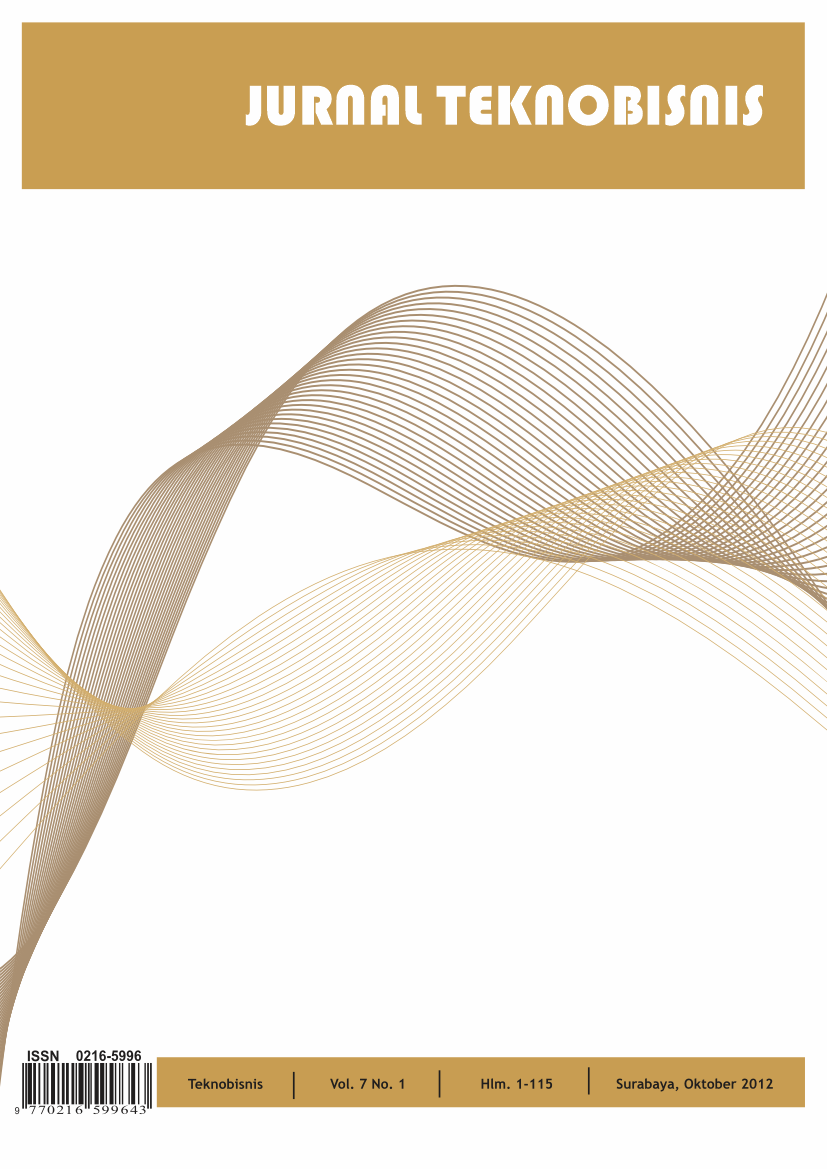Millennial Generation Preferences in Selection of Residentials in Jabodetabek Area
DOI:
https://doi.org/10.12962/j24609463.v9i1.931Keywords:
Conjoint Analysis, Millennial Generation, Residential PreferenceAbstract
Millennials consider houses as not only protecting and surviving but also fulfilling their desires and rising socioeconomic status. However, 31% of Indonesia's total millennial population doesn’t have a house, so millennials could become a big market for property industry. The purpose of this study is to analyze the combination of attributes which become the preference of the millennial and to analyze the characteristics and financial capabilities to buy a house by utilizing a conjoint analysis approach. Thirty-two combinations resulted from an orthogonal design and were distributed via an online questionnaire to 116 respondents. The results showed, the most important attributes were Location (17,42%), followed by Certificate State (SHM) (15,51%), Price (11,90%), Size Type (10,58%), Developer Reputation (10,48%), Public Facilities (10,31%), Floors (9,40%), Open Space (7,60%), and Number of Bedrooms (6,80%). Currently, most millennials are unmarried (53%), don't have children (59%) and work in Jakarta (28%) with income range IDR 5-10 million (42%). The preferred payment method is KPR for 6–15 years (43%) and installments of IDR 3-5 million (49%). The outcome of this study can be used as recommendations for new residential products for home developers and recommendations to the Jabodetabek regional government in regulating urban area planning.
Downloads
Downloads
Published
Issue
Section
License
Copyright (c) 2023 Nadya Rizky Amalia, Reny Nadlifatin

This work is licensed under a Creative Commons Attribution-ShareAlike 4.0 International License.
Copyright Transfer







